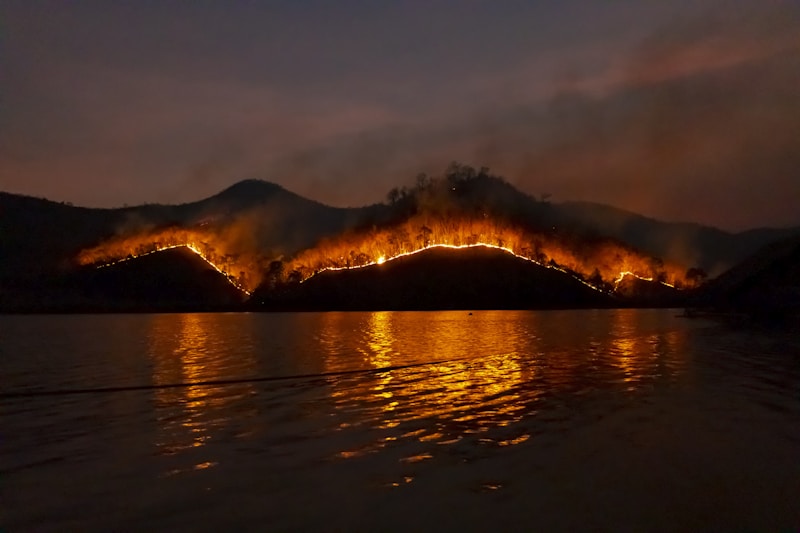Thoughts originally posted on Twitter:
I'm currently reading "A Paradise Built in Hell" by Rebecca Solnit, a fascinating study of how society responds to natural and manmade disasters - earthquakes, tsunamis, calamities arising from war and so on. It has proved extremely thought-provoking.
Solnit elegantly argues that, in many cases, a utopian banding together of affected citizens ensues from such tragedies - a view strongly at odds with the "descent into chaos", looting and mob-mentality that governments often fear. Over many case studies, she shows how government response is often to clamp down, using the military to stop an unleashed citizenry from wreaking havoc during a period of disrupted social order. Sharing of goods treated as looting. Shoot-to-kill policies shockingly common.
And yet, the recurring traits of such crises are of people working together: setting up food distribution; endangering themselves to rescue survivors; welcoming strangers into their homes; moving to a commons-based attitude to goods in place of an economical one. In short, something akin to the utopian communes towards which anarchists strive. Anarchism here in the strictly no-centralised-power, political sense of the word, rather than the pejorative usage as a synonym of chaos and pandemonium).
Obviously, there are parallels to be drawn with our current situation. While the pandemic crisis differs from, say, the Blitz, in that its very nature forces people apart rather than together, many of the same responses can be seen in both society and government. In particular: a general embracing of charity and communal pride; a spontaneous emergence of mutual aid within communities; an unhelpful focus from authorities and police forces on public order (instead of public aid); acceptance of a "changed" world of new possibilities.
All interesting to note. But, for me, the crucial question is whether the positive changes within society will outlast the current crisis, reshaping social norms and building mutual aid networks that persist once the immediate need dissipates. Such changes can and have lead to momentous upheavals within nation states - whether that is advances in civil liberties, revolutions overthrowing dictators, even the type of social rewiring that would be needed to avert the climate crisis. Or whether, as unfortunately is the more common case, this new form of civil unity will evaporate once the crisis ends, normalcy returns, and centralised power reasserts its control. Given the global scale of this crisis, the answer to this question is likely to differ from country to country. As such, the ultimate and lasting impact on the global balance of power remains to be seen.
